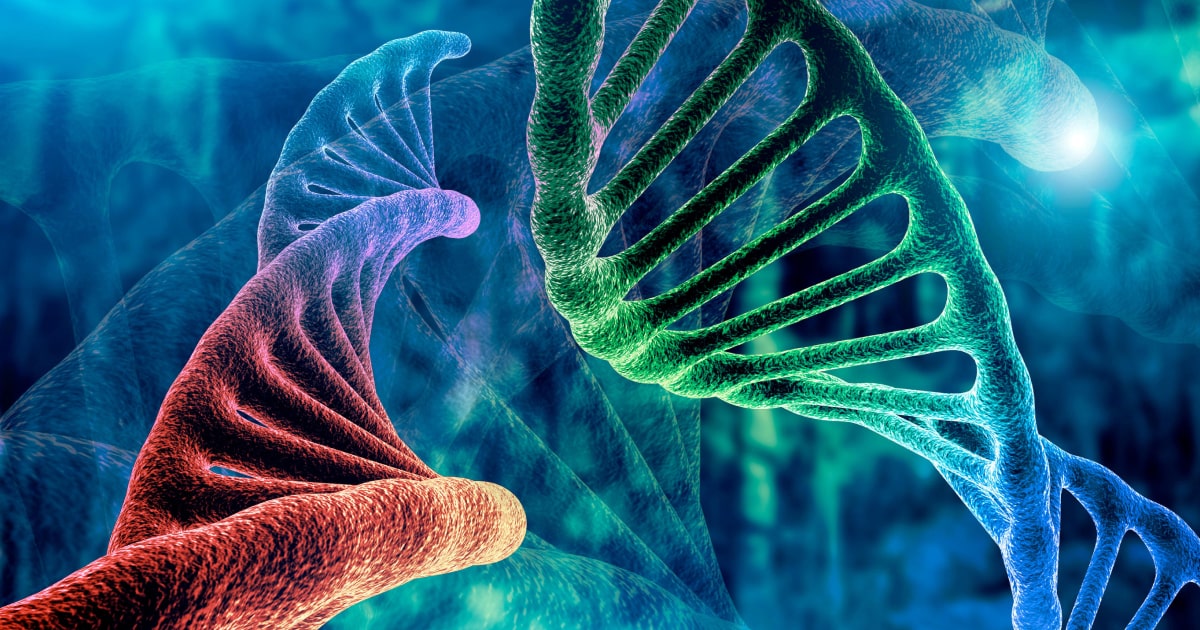
Expert Reviewed By: Dr. Brandon Colby MD
Congenital Muscular Dystrophy (CMD) is a group of rare genetic diseases that cause muscle weakness and deterioration from birth or early infancy. One of the most common forms of CMD is LAMA2-related CMD, which is caused by mutations in the LAMA2 gene. In this article, we will explore the symptoms, diagnosis, and genetic testing options for LAMA2-related CMD, empowering patients and families to better understand and manage this challenging condition.
Understanding LAMA2-Related CMD
LAMA2-related CMD is a subtype of CMD caused by mutations in the LAMA2 gene. This gene is responsible for producing a protein called laminin-α2, which is essential for the structure and function of skeletal muscles. When the LAMA2 gene is mutated, the body cannot produce enough functional laminin-α2, leading to muscle weakness and degeneration.
Common symptoms of LAMA2-related CMD include:
- Severe muscle weakness from birth or early infancy
- Delayed motor milestones, such as sitting, crawling, and walking
- Joint contractures (stiff joints)
- Respiratory difficulties
- Feeding difficulties and failure to thrive
- Intellectual disabilities (in some cases)
Diagnosing LAMA2-Related CMD
Diagnosing LAMA2-related CMD can be challenging due to the rarity and variability of the disease. However, a combination of clinical examination, muscle imaging, and laboratory tests can help confirm the diagnosis. These tests may include:
- Clinical examination: A thorough assessment of the patient's muscle strength, joint mobility, and overall health can provide valuable clues about the presence of LAMA2-related CMD.
- Muscle imaging: Magnetic resonance imaging (MRI) or ultrasound can help visualize muscle abnormalities and assess the severity of muscle damage.
- Laboratory tests: Blood tests to measure creatine kinase (CK) levels, a marker of muscle damage, can provide further evidence of LAMA2-related CMD. In some cases, a muscle biopsy may also be performed to analyze muscle tissue and confirm the diagnosis.
Genetic Testing for LAMA2-Related CMD
Genetic testing is a critical tool for diagnosing LAMA2-related CMD and understanding its implications for patients and their families. Genetic tests can identify mutations in the LAMA2 gene and confirm the diagnosis, as well as provide valuable information about the inheritance pattern and potential treatment options.
Confirming the Diagnosis
Genetic testing for LAMA2-related CMD typically involves sequencing the LAMA2 gene to identify any mutations. This can be done through targeted gene panel testing or whole exome sequencing, both of which can detect a wide range of mutations in the LAMA2 gene. If a mutation is found, the diagnosis of LAMA2-related CMD can be confirmed, allowing for appropriate management and treatment planning.
Understanding Inheritance Patterns
LAMA2-related CMD is an autosomal recessive disorder, meaning that a person must inherit two copies of the mutated gene (one from each parent) to develop the disease. Genetic testing can help determine if a person is a carrier of the LAMA2 mutation, which can be valuable information for family planning and understanding the risk of passing the mutation to future generations.
Exploring Treatment Options
While there is currently no cure for LAMA2-related CMD, genetic testing can help inform treatment and management strategies. By identifying the specific mutation in the LAMA2 gene, researchers can better understand the underlying cause of the disease and develop targeted therapies to address the root of the problem. Additionally, genetic testing can help identify patients who may be eligible for clinical trials or experimental treatments, providing hope for improved outcomes in the future.
Conclusion
LAMA2-related CMD is a rare and challenging disease that affects patients and families in profound ways. By understanding the symptoms, diagnostic process, and genetic testing options, individuals can take control of their health and make informed decisions about their care. With continued research and advances in genetic testing, the future holds promise for improved understanding, treatment, and ultimately, a cure for LAMA2-related CMD.
About The Expert Reviewer
Dr. Brandon Colby MD is a US physician specializing in the personalized prevention of disease through the use of genomic technologies. He’s an expert in genetic testing, genetic analysis, and precision medicine. Dr. Colby is also the Founder of and the author of Outsmart Your Genes.
Dr. Colby holds an MD from the Mount Sinai School of Medicine, an MBA from Stanford University’s Graduate School of Business, and a degree in Genetics with Honors from the University of Michigan. He is an Affiliate Specialist of the American College of Medical Genetics and Genomics (ACMG), an Associate of the American College of Preventive Medicine (ACPM), and a member of the National Society of Genetic Counselors (NSGC)